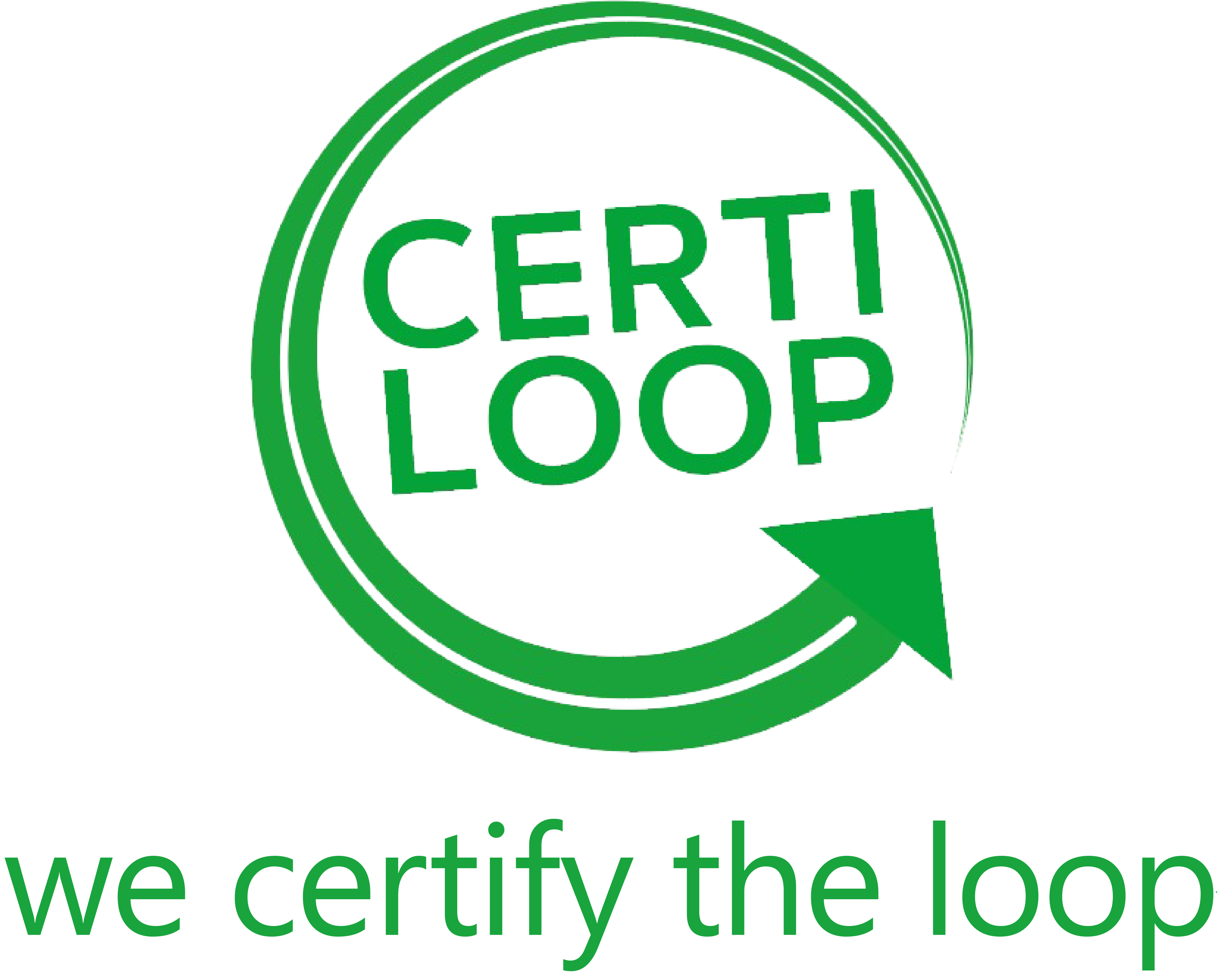
Reducing the Loss of Plastic Granules to the Environment
Operation Clean Sweep is an international initiative carried out by the plastic industry to reduce the loss of plastic granules to the environment. It was first developed in the USA in 1990 by the American Chemistry Council (ACC) and the Plastics Industry Association (PLASTICS). In Türkiye, this initiative is carried out by PAGEV-Turkish Plastic Industry Foundation, and CERTILOOP is the authorized certification body approved by OCS for the implementation of the program in Türkiye.
The aim of this program is to ensure that plastic granules, particles, flakes and powders are handled carefully throughout the entire value chain, such as production, transportation, recycling, etc., and do not mix with rivers or seas. Companies participating in the Operation Clean Sweep Program sign a commitment that they will implement the best systems to reduce plastic granule loss and play their part in protecting water, and within this framework, they implement the OCS Turkey certification program prepared by PAGEV in their facilities.
Why should my company participate in this program?
Operation Clean Sweep helps your company keep plastic granules on site, demonstrating your company's commitment to the environment and proving that you are a responsible manufacturer. By participating in the Operation Clean Sweep Program, you demonstrate corporate social responsibility; Therefore, we recommend that you announce your participation as widely as possible.
The other benefits for the companies:
- Becomes part of your sustainability initiatives
- Maximizes raw material usage
- Prevents slip and fall accidents, creates a safer work environment
- Increases operational efficiency
- Contributes to the improvement of water quality and natural life
- Protects the name of your company and the plastic industry
Requirements for OCS Certification
According to the certification program, organizations that complete the OCS Turkey Zero Granule Loss Training given by PAGEV are entitled to proceed to the certification stage with CERTILOOP. In order to start the certification process, the company must make a commitment that it will meet the requirements in the following items. These are;
- Improving the work area to prevent unwanted spills and scatters,
- Establishing and publishing internal procedures for zero granule loss targets,
- Ensuring employee training and participation in spill prevention, containment, cleaning and disposal,
- Regular monitoring and recording of performance,
- Compliance with all applicable regulations (local, national and EU) for the storage of granules,
- Encouraging all stakeholders in the value chain to pursue the same goals.
PAGEV provides the Operation Clean Swep handbook as a comprehensive guide to the measures that can be put into practice. In addition to the handbook, there are also management checklists, employee checklists, staff communication posters and brochures.
You can watch the video below, where examples of companies that implement the Operation Clean Sweep program and how they benefit from the program.
Who Should Obtain OCS Certification?
The unintended loss of plastic granules, flakes and powders can occur at any stage along the entire value chain of plastic. For this reason, the Operation Clean Sweep program can be applied in all facilities that carry out raw material production, compound production, masterbach production, etc., their storage, transportation, plastic product production and recycling.
How is the OCS Certification Process?
The certification process and authorization are explained in the table below.
|
Activities |
Timing |
Authorized |
|
After the application is made and the commitment is signed |
PAGEV |
|
On the date agreed by the applicant and CERTILOOP, according to the suitability of the firm and auditors. |
CERTILOOP |
|
After the audit is positive and corrective actions are closed, if any. |
CERTILOOP |
|
At the issuance date of the certificate |
PAGEV and OCS |
|
1 per year |
CERTILOOP |
|
1 in 3 years |
CERTILOOP |


 Turkish
Turkish